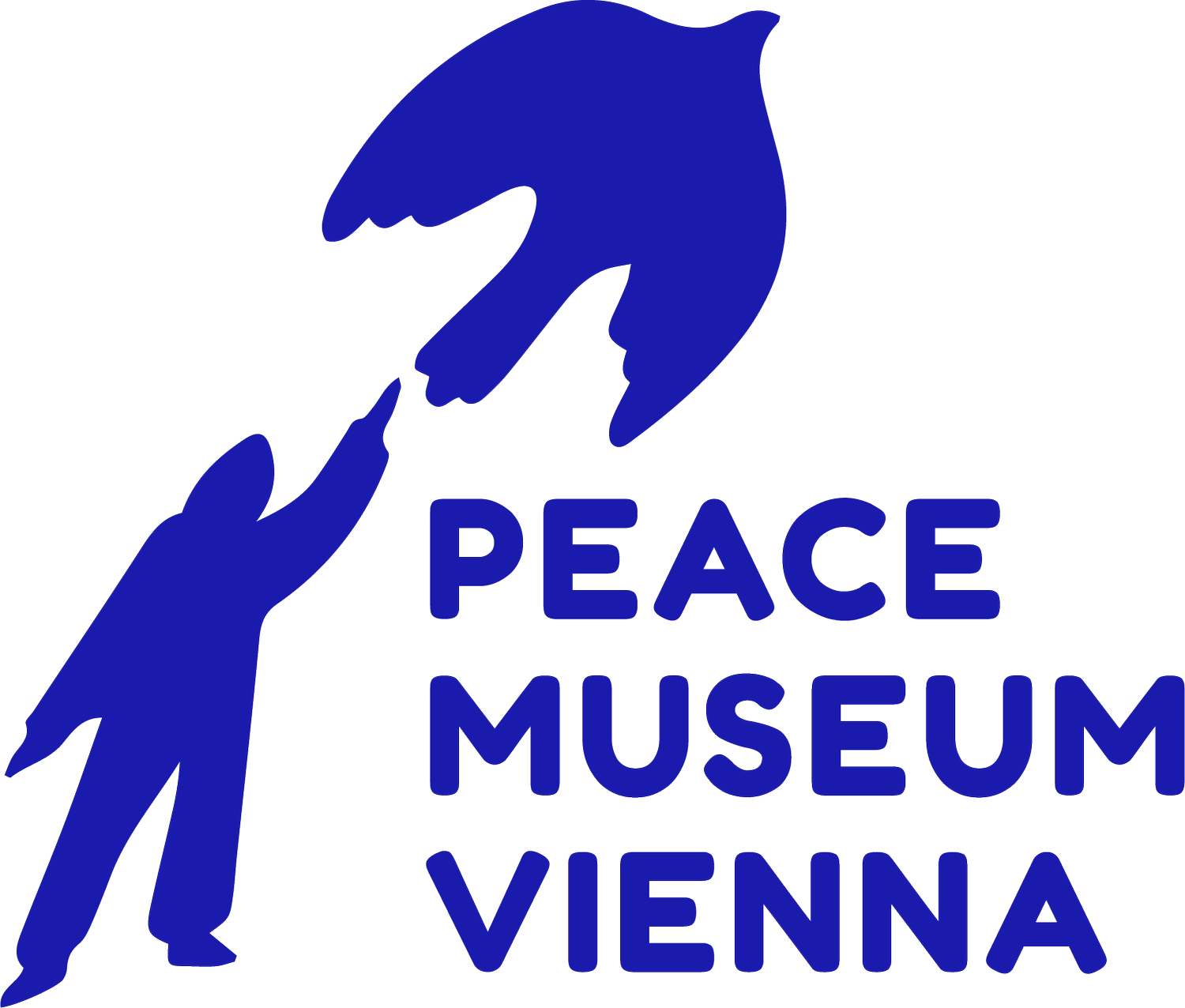Zafar Shayan
Louis Renault was a French jurist, educator, and winner of the 1907 Nobel Peace Prize. He was born in 1843 in Autun and died in 1918 in Barbizon, France. He had and extraordinary learning mind and finished his entire education levels with great honors. He was the best student in his class at the Collège d’Autun Military School of Paris University and received prizes in philosophy, mathematics and literature. Later, he went to the University of Dijon to get his bachelor’s degree in literature. While studying in Paris, he received three degrees, including a doctoral degree, in seven years (1861-1868).
As soon as he finished his education, he started his academic career. He went back to Dijon and served as lecturer in Roman and later in commercial law. In 1873, he joined the Faculty of Law of Paris University as an acting professor of criminal law and later the international law. During this period, he wrote fifty notes and articles and a book called Introduction à l’étude du droit international (Introduction to the Study of International Law). Later, the number of his notes and articles in law, journalism and political science has reached 200, and published several books. The most important one is the nine-volume Traité de droit commercial (1889-1899), which was jointly written with his colleague, Charles Lyon-Caen.
In 1890, Renault was appointed as legal consultant of the Ministry of Foreign Affairs. He was the French representative in international conferences held in Europe for twenty years, on various issues such as international and private law, international transport, military aviation, abolition of white slavery, revision of the Red Cross Convention (1864), circulation of obscene literature, etc. Mr. Renault was one of the panels in Hague Tribunal. He was involved in six of the court’s thirteen cases. He reported the Second Commission on naval warfare at the first Hague Peace Conference and finalized the summary of the conference. Also, he was the reporter of Conventions related to the opening of hostilities, to the application of the Geneva Conventions to naval warfare, the establishment of international prize court, etc.
Due to his valuable works as a diplomat, scholar, judge and a teacher, he received several honorary doctorates from universities, chosen to be president of the Academy of International Law, which was founded in 1914 in the Hague, various international awards, including the 1907 Nobel Peace Prize.
The Noble Prize: www.nobelprize.org/prizes/peace/1907/renault/biographical

